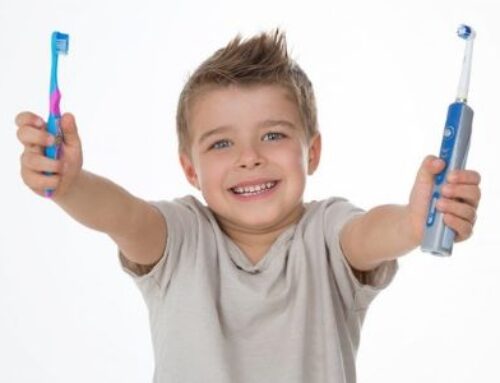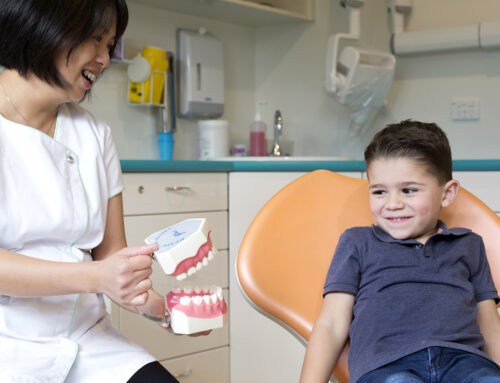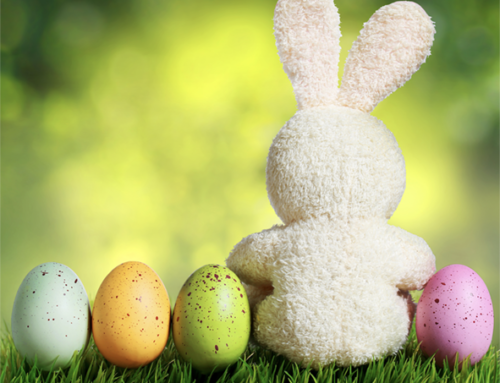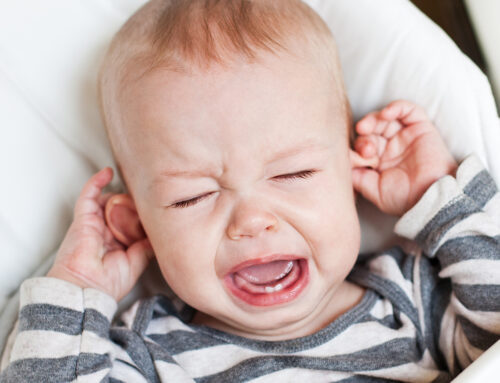
Milk teeth, or baby teeth, are the first set of teeth that appear, starting from around 6 months of age up to around 3 years. There should be 20 all together. Baby teeth are generally whiter and resemble the colour of milk.
Sometimes, teeth may appear a couple of months earlier or later than the expected time, depending on the child.
Baby teeth are temporary, and will eventually fall out making way for permanent adult teeth. The teeth usually fall out in the order they come in and generally around 6-7 years old. The back, baby teeth usually are replaced around 10-12 years of age.
Baby teeth are extremely important as they:
- allow chewing and breaking food into smaller pieces for eating
- promote speech development and are a prerequisite for correct pronunciation
- preserve spaces for adult teeth to come in correctly and provide proper alignment
- and help you to have a fabulous smile!
This is why it is so important to maintain good oral hygiene in order to keep these little teeth healthy.
This starts by reducing what is often called Baby Bottle Tooth Decay.
Baby bottle tooth decay most often occurs in the upper front teeth, but other teeth may also be affected. A common cause is the frequent, prolonged exposure of the baby’s teeth to drinks that contain sugar.
Normal feeding is OK however tooth decay can occur when the baby is put to bed with a bottle, or when a bottle is used to calm an upset baby.
Another cause of tooth decay we often don’t think of is from bacteria passed from caregivers to the infant through the saliva. When the caregiver puts the baby’s feeding spoon in their mouth, or cleans a pacifier in their mouth, the bacteria can be passed to the baby. The bacteria in adult saliva can cause cavities in children.
The great news is that we can help to prevent decay from developing with a few simple activities.
- Limit sharing saliva with the baby through common use of feeding spoons or licking pacifiers. After each feeding, wipe your child’s gums with a clean, damp washcloth
- When your child’s teeth come in, brush them gently with a child-size toothbrush and a smear (or grain of rice sized amount) of toothpaste until the age of 3
- Brush the teeth with a pea-sized amount of fluoride toothpaste from the ages of 3 to 6
- Supervise brushing until your child can be counted on to spit and not swallow toothpaste—usually not before he or she is 6 or 7
- Place only formula, milk or breast milk in bottles. Avoid filling the bottle with liquids such as sugar water, juice or soft drinks
- Infants should finish their bedtime and nap time bottles before going to bed
- If your child uses a pacifier, provide one that is clean—don’t dip it in sugar or honey
- Encourage your child to drink from a cup by his/her first birthday
- Encourage healthy eating habits



